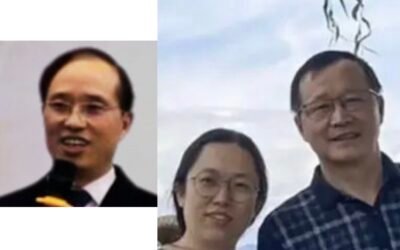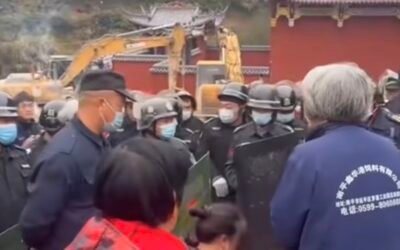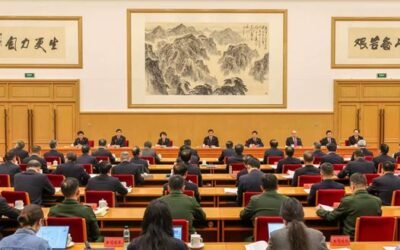The IndieChina Film Festival in New York was sabotaged by a campaign of intimidation orchestrated by the Chinese government.
by Hu Zimo
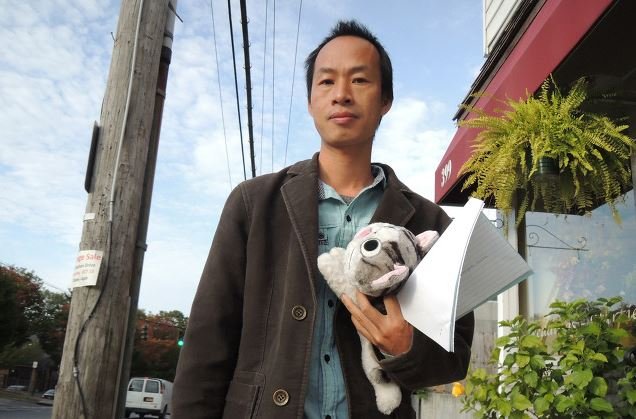
What was meant to be a celebration of independent Chinese cinema in New York this November has instead become a chilling case study in transnational repression. The IndieChina Film Festival, curated by filmmaker Zhu Rikun, was set to showcase nearly forty films that dared to reflect the complexities of contemporary China. But in the days leading up to its opening, the festival was gutted by fear.
Zhu’s ordeal began with a cryptic phone call from his father in China. “He just told me not to do anything bad for the country,” Zhu wrote. That vague admonition was the first tremor in a seismic crackdown. A colleague in Beijing was detained and told that Zhu would be prosecuted upon return. She was forced to relay the threat and confirm Zhu had received it. “Is this an attempt to launch an international ‘war’ against me?” Zhu asked, stunned.
Within 48 hours, Zhu’s inbox was flooded. Directors who were still in China, once eager to participate, were now citing “personal reasons” for pulling out. They demanded that their films be withdrawn, their names be erased, and their promotional materials be deleted. Some were so terrified they insisted on scrubbing all traces of their work from social media.
But the pressure didn’t stop at China’s borders. Filmmakers in the U.S., Europe, and Africa reported that their families back home were being harassed. Even moderators and forum guests—people with no direct ties to the films—found their relatives under scrutiny. “If I do not suspend this edition of the film festival,” Zhu wrote, “anyone involved… could potentially face threats or harassment.”
By November 4, over 80% of screenings were cancelled. Forums were scrapped. Volunteers resigned. Venues received anonymous letters—one from supposed “Chinese students in New York”—warning that the films “may not accurately reflect the true situation of contemporary Chinese society.” The implication was clear: cancel, or face consequences.
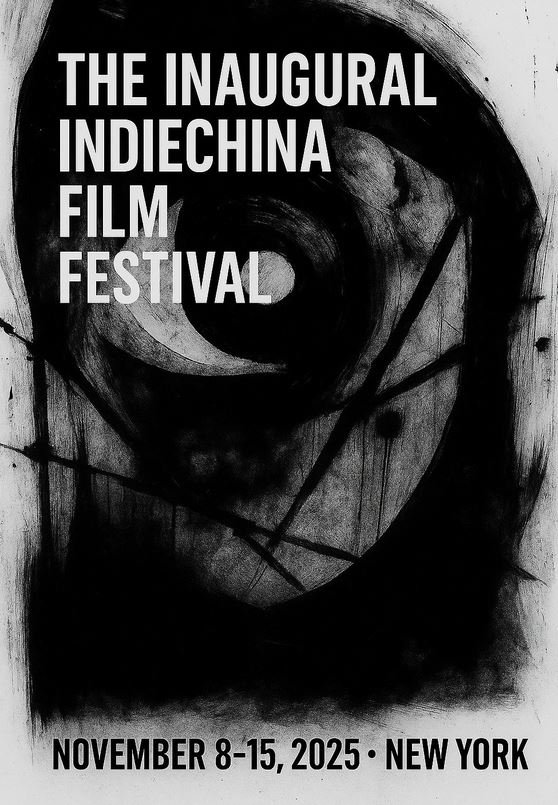
Zhu was left to manage the wreckage alone. “My inbox is overflowing… cancellations, refunds, and other cleanup… will likely involve an incalculable amount of work,” he wrote. And still, no official explanation. “To date, no department or individual has contacted or informed me of the specific reasons or what crime I committed.” The festival was scheduled to open in three days. “And I still don’t know why!” Finally, Zhu had no choice but to cancel the festival.
This isn’t an isolated incident. China has systematically dismantled its domestic indie film scene over the past decade, shuttering major festivals like Yunfest and the Beijing Independent Film Festival. Now, it seems, even overseas attempts to preserve artistic freedom are being hunted down.
Zhu Rikun’s story is about the audacity of a regime that believes it can dictate what the world sees and hears—even from thousands of miles away. It’s about the silencing of voices that dared to speak, and the terrifying reach of a government that punishes not just dissent, but the mere possibility of it.

Uses a pseudonym for security reasons.

